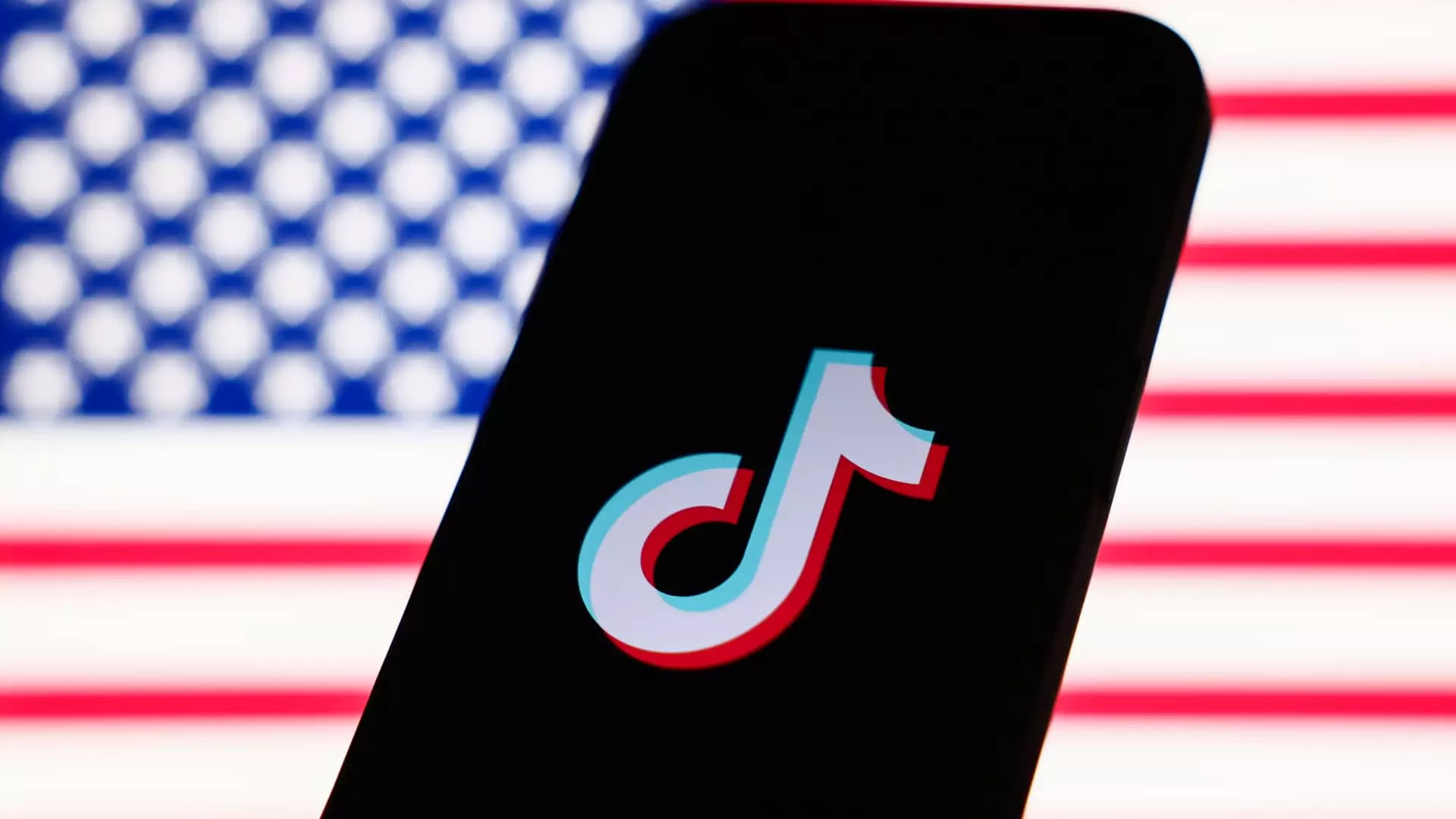As TikTok nears a critical juncture in its U.S. operations, major players in the business realm, including billionaires like Elon Musk, must brace themselves for a potentially staggering financial commitment. With parent company ByteDance facing increased scrutiny and the looming threat of a ban, discussions around the sale of TikTok’s U.S. assets have intensified. Valuations for the app’s operations have flipped dramatically amid geopolitical tensions and regulatory concerns, leading to a complicated tapestry of business strategy, national security, and digital advertising.
Potential Ban and the National Security Debate
At the heart of TikTok’s uncertain future lies a national security law that could lead to significant ramifications for its services in the United States. Should the Supreme Court align with government officials advocating for a ban, prominent service providers—like Apple and Google—will be subject to penalties for continuing to host the app after the deadline. This precarious scenario raises critical questions about the viability of TikTok in the U.S. market and what this means for its estimated 115 million monthly users.
While ByteDance has not confirmed any plans to sell its U.S. operations, reports circulate that the Chinese government is considering various scenarios, including the possible acquisition by Elon Musk. Nonetheless, the rationale behind such a drastic move demands scrutiny, particularly in light of the national security concerns tied to data privacy and Chinese ownership.
Initial valuations of TikTok’s U.S. operations soared as high as $60 billion in March 2024 when momentum seemed to be on the app’s side. Analysts pointed to a growing user base and solid revenue against competitors like Instagram and Snapchat. However, as geopolitical situations deteriorated, these projections plummeted. The latest estimates range between $30 billion to $50 billion, highlighting a significant decrease in perceived value. Angelo Zino from CFRA Research attributes this decline both to the app’s unstable geopolitical standing and a broader trend of diminishing industry multiples.
Interestingly, predictions from Bloomberg Intelligence mirror this sentiment, suggesting the inherent challenges tied to securing a buyer who can handle both the financial burden and regulatory pressures. These burdens significantly complicate any potential acquisition, emphasizing the factors that make TikTok more than just a valuable asset but a high-risk investment in a politically charged environment.
Challenges of Acquiring TikTok’s U.S. Operations
Should ByteDance opt for a sale, analysts warn potential buyers may find themselves navigating a cavern of hurdles. The inherent challenges don’t just lie in affording such a hefty sum but also in the scrutiny surrounding data privacy and foreign influence, crucial elements at play in U.S. regulatory circles. Notably, prospective acquirers would find it difficult to manage an ads business that relies heavily on user data, particularly with the existing national security issues as a backdrop.
In light of these challenges, potential bidders spanning from billionaire Frank McCourt to O’Leary Ventures’ Kevin O’Leary have emerged, each with their own perspectives on the financial implications of acquiring TikTok’s U.S. operations. While O’Leary suggests a willingness to pay up to $20 billion without the app’s core algorithms, Musk’s name looms large as a wildcard, influencing public perception amid ongoing negotiations.
One key aspect that has gone under-discussed in the frenzy over a potential acquisition is TikTok’s recommendation algorithms. These algorithms are deemed invaluable and central to the app’s global success. However, under any sale scenario to a U.S. entity, these algorithms would likely remain with ByteDance—creating a significant gap for any potential buyer. The government’s ongoing concerns about the ties these algorithms have to Chinese data practices amplify the urgency and complexity surrounding this acquisition dilemma.
As the dust settles on this high-stakes game involving one of the most popular social media platforms, the narrative is becoming clearer: the future of TikTok in the U.S. hinges on multiple factors that intertwine financial valuations, national security, and regulatory landscapes.
Navigating this chaotic arena will require not just deep pockets but sophisticated strategies, making the fate of TikTok a pivotal case study in the modern intersection of technology, commerce, and sovereignty. The resolution of this scenario will likely establish precedents that extend well beyond the confines of social media, affecting global business practices in the long term.


Leave a Reply